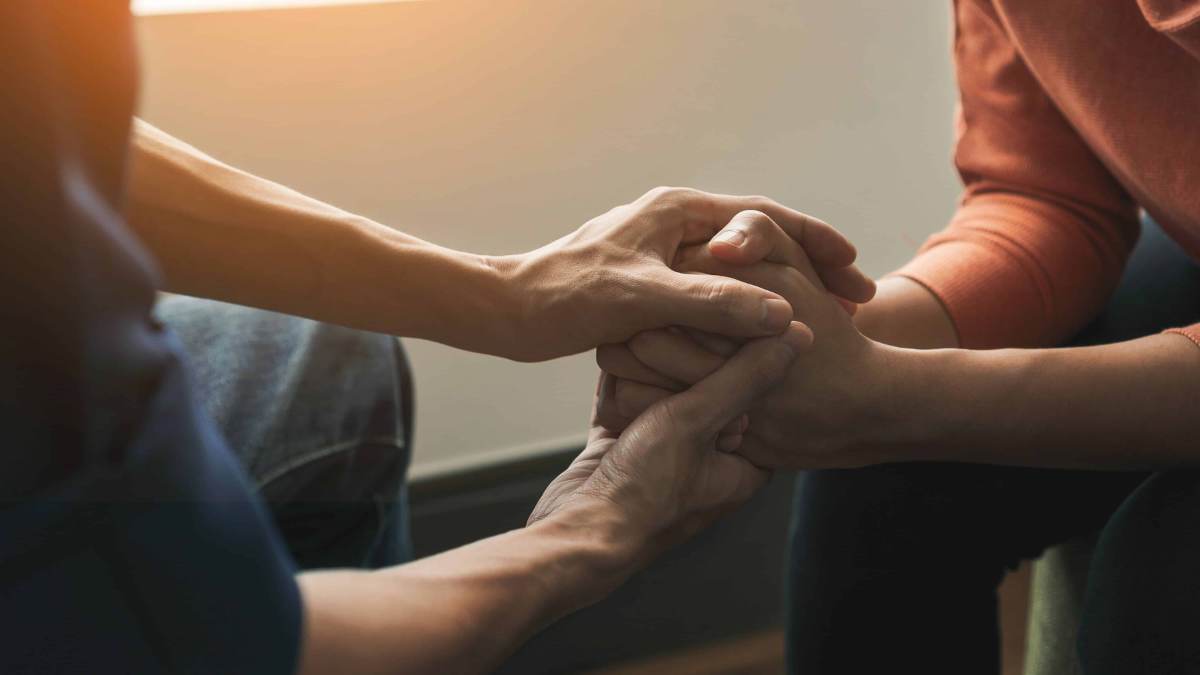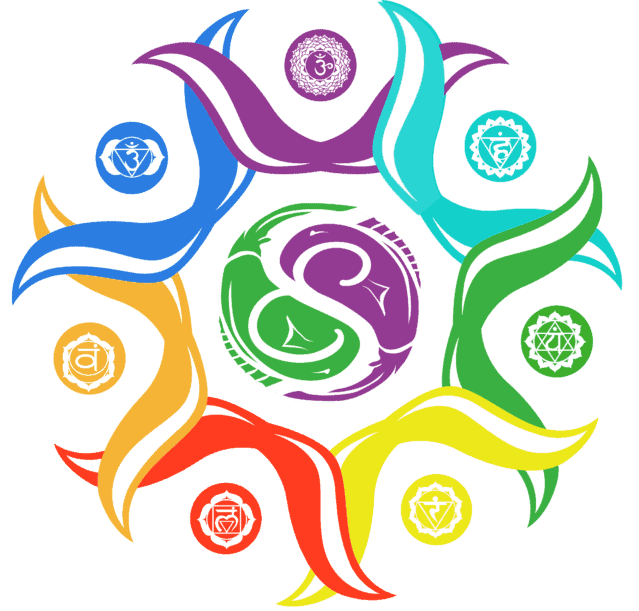Heroin Addiction Treatment in New Jersey
Understanding the complexities of heroin addiction is crucial in addressing a problem that continues to take a staggering toll on Americans nationwide. There are many questions surrounding it, such as “How to help a heroin addict?” or “Why is heroin so addictive?”. At Enlightened Recovery, our team of experienced professionals can help. We offer a safe and effective heroin addiction treatment in New Jersey.
Our programs encompass a comprehensive approach, integrating medical intervention, counseling, and community support to address the complex challenges of addiction and pave the path to recovery.
What is Heroin?
Heroin is a highly addictive substance in the opioid category of drugs. It is created from morphine, a naturally occurring substance in the poppy plant. Produced illicitly without regulation of what (or how much goes into it), heroin is one of America’s most highly abused drugs. Heroin is often mixed with other drugs, such as fentanyl, which can have deadly results. It triggers a heightened feeling of dopamine in the brain’s reward center, which provides intense feelings of pleasure. Injecting heroin is one of its most potent and popular methods of use.
However, those who use heroin will also smoke, snort, inhale, and take the drug orally. It triggers a heightened feeling of dopamine in the brain’s reward center, which provides intense feelings of pleasure. Heroin is illegal in the United States, and its use comes with significant health and legal risks.

Heroin Addiction Statistics
Heroin addiction has reached epidemic proportions in big cities and small towns throughout America. The National Institute on Drug Abuse (NIDA) reported 9,173 overdose deaths involving heroin in 2021. Roughly 1 million Americans reported using heroin last year.
The heroin drug crisis is closely connected with the opioid crisis, a public health emergency creating a demand for heroin addiction treatment in New Jersey and nationwide.
How Addictive is Heroin?
Heroin addiction does not discriminate. There are people of every age, race, gender and class. Heroin is so habit-forming that it’s considered one of the world’s most dangerous substances. It produces an intense high that can hook people after just a few uses. Hence, heroin can get a solid chokehold on someone in a short amount of time.
Those who use heroin regularly begin to build up a tolerance and start taking larger doses to achieve the same level of high that a smaller amount once produced. Once tolerance and volume increase, psychological and physical dependence sets in. A user is now facing a life-threatening problem. Seeking treatment for heroin addiction is a life-saving step, starting with heroin rehab in New Jersey.
Why is Heroin so Addictive?
Heroin is highly addictive due to its powerful effects on the brain and body. Heroin use leads to a rapid and intense euphoric high, but it also has several characteristics that contribute to its addictive nature:
- Rapid onset of effects: Heroin taken by injection, smoking, or snorting crosses the blood-brain barrier quickly. This rapid onset of action leads to an intense and almost immediate feeling of euphoria, which users find extremely rewarding.
- Intense euphoria and relief from pain: Heroin activates opioid receptors in the brain, which results in powerful pain relief and a sense of profound well-being, reinforcing drug use as individuals seek to recreate these feelings.
- Tolerance: With continued use of heroin, the body becomes tolerant to the drug’s effects, which means that over time, users need to take higher doses to achieve the same level of euphoria. Hence, drug addiction takes hold.
- Physical dependence: Chronic heroin use can lead to physical dependence, meaning that the body adapts to the presence of the drug and experiences withdrawal symptoms when the drug is not taken. Withdrawal symptoms can be intensely uncomfortable, making it difficult for individuals to quit using the drug.
- Psychological dependence: Beyond physical dependence, heroin use can also lead to strong psychological dependence. Users often become preoccupied with obtaining and using the drug, which can disrupt their daily lives and lead to a compulsion to use, even when they want to quit.
- Cravings: Heroin use can lead to powerful cravings for the drug, which various environmental cues and stressors can trigger. These cravings make it challenging for individuals to stop using heroin.
- Co-occurring mental health issues: Many individuals who use heroin have co-occurring mental health disorders such as depression, anxiety, or post-traumatic stress disorder. Heroin may be used as a form of self-medication to cope with these issues, further reinforcing its addictive nature.
Overall, heroin’s addictive nature results from its ability to produce intense pleasure, its physiological and psychological impact on users, and the difficulties associated with quitting once dependence has developed. Addiction to the drug can have severe health consequences and requires professional help, like our heroin addiction treatment in New Jersey.
Signs of Heroin Addiction
Heroin addiction is not easy to hide. Like other addictive drugs, many physical, behavioral, and psychological signs will become apparent when abusing heroin.
Here are some of the signs:
- Needle marks or “track marks” on the arms or legs
- Frequent nosebleeds, runny or blocked nose from snorting heroin
- Pinpoint pupils when under the influence
- Abscesses or infections at injection sights
- Weight loss and physical deterioration
- Changes in social circles, hanging with others who use drugs
- Restlessness and insomnia
- Neglecting responsibilities at work, school, or home
- Borrowing or stealing money to support a drug habit
- Secretive behavior
- Difficulty with memory and concentration
- Cravings and thoughts about heroin
- An inability to stop or control heroin use despite negative consequences.
Heroin addiction is a complex problem. Not everyone with heroin addiction will exhibit every sign. Additionally, the severity of these can vary from person to person.

Heroin Addiction Symptoms and Health Effects
There are many long-term and short-term health effects of heroin abuse. Those in the thwarts of heroin should seek treatment for heroin addiction before a dire event or outright tragedy occurs.
The short-term health effects of heroin addiction include:
- Lack of focus
- Periods of unconsciousness
- Heart palpitations and arrhythmias
- Respiratory problems
- Low blood pressure
- Anxiety and depression
The effects of extended heroin addiction cause more severe health issues such as:
- Heart disease and other types of heart damage
- Higher risk of liver or kidney disease
- Circulatory problems, including collapsed veins
- Breathing and lung problems
- High risk for pneumonia
- Depression, anxiety, and other mood disorders
- Cognitive impairments such as memory loss
- Potential overdose or accidental death
The seriousness of heroin use is indisputable. When the signs of heroin addiction are apparent, the support of medical professionals and heroin addiction treatment in New Jersey is necessary.
How to Help a Heroin Addict
Dealing with a loved one who is struggling with heroin addiction is difficult. Encouraging professional help is the first step. Ultimately, a person with a heroin addiction should seek addiction treatment, starting with heroin rehab in New Jersey as soon as possible.
Here are some things to do to help a person with a heroin addiction:
- Educate Yourself: Learn about heroin addiction, its effects, and available treatment options. Understanding the nature of addiction can help you provide informed support.
- Open Communication: Approach your loved one with compassion and empathy. Express concern for their well-being and let them know you are there to listen and help, not judge.
- Intervention: In some cases, a formal intervention led by a trained professional may be necessary to encourage your loved one to seek treatment. This involves a carefully planned and structured conversation with the person with a drug addiction to get them into treatment.
- Safety First: Ensure the safety of your loved one. Avoid enabling their addiction by refusing to provide money, housing, or any potential form of support toward drug use. Set boundaries and stick to them.
Despite the best of intentions, be prepared for resistance. Continue to support and inform without forcing a loved one into treatment. If a loved one refuses treatment, consider obtaining naloxone, a medication to reverse heroin overdose.
While support, education, and encouragement help, know that the decision and the commitment to get heroin addiction treatment must come from the people with a heroin addiction themselves.

Reach Out for Heroin Addiction Treatment in New Jersey
Like any addictive substance, heroin addiction can be challenging to kick. Withdrawal symptoms are rough, and there is a strong potential for relapse. However, full recovery is doable and within your reach.
If you’re ready to take that first step to break free from heroin addiction, you need to know how to help a heroin addict. The professional, compassionate team at our heroin detox centers is here for you.
Once you reach out, a knowledgeable team member will put you at ease, answer all your questions, and take you step by step through the admissions process.
Heroin addiction treatment in New Jersey is not easy and is often overwhelming, especially in the beginning. However, if you’re prepared and committed to making an effort, our professionals will help guide you to a heroin-free and healthy new life of sobriety.
Addictions
Contact Us Today

We’re here to help you or your loved one with addiction.
Reach out to Enlightened Recovery today to learn more about our locations and services.